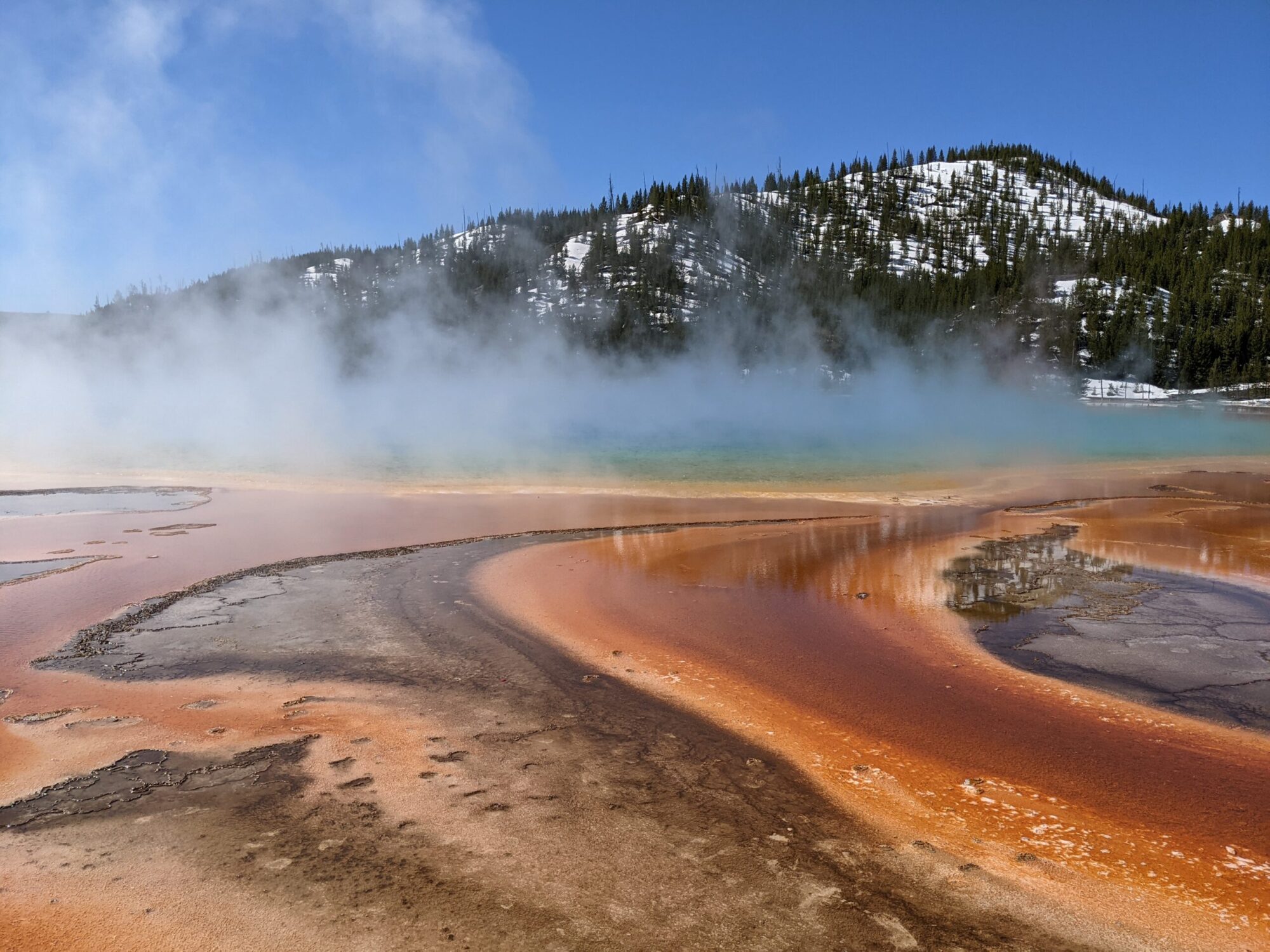Ira Flatow had a group of climate scientists on his show, NPR’s Science Friday, this past week discussing the “fine line” that many scientists find themselves walking. Philosophically, there are many in the scientific community that believe they should present the facts and allow the public to interpret them. These scientists frequently just want to stay out of that realm of discourse, allowing the public (and, therefore, politicians) to decide how their data is used and what the best course of action is. Largely, this is how it’s always been. Early astronomers could tell what they knew, but had to wait for their ideas to be accepted by their respective communities.
This particular group of climate scientists, however, is getting together to move beyond the borders they have typically held themselves to, instead choosing to speak out with what they know and actually make policy recommendations based on their information. Largely, this group adheres to what the great Carl Sagan once said:
“People are entitled to their own opinions but not their own facts.”
That is to say, these scientists are tired of presenting facts time and time again only to have them ignored and have other people’s opinions matter more than proven factual data. To the scientific community, there is no question regarding the fact that global warming is occurring and that humans contribute to it. In a separate (but related) issue, to the scientific community, there is no question regarding the fact that evolution is occurring and that natural selection is the most likely mechanism. There is no question that frozen embryos are kept in that state for years and end up “dying” in a liquid nitrogen freezer when they could have been used for stem cell research rather than being discarded in a biohazard bag and incinerated. Yet politicians, for some reason, are able to ignore these facts in their decisions of what is taught in our schools and what energy policies should be enacted and how important research could be conducted.
After listening for awhile, an individual called in and asked a question that intrigued me, and it’s one that I haven’t really considered up until now: why is it that members of Congress, and politicians in general, feel the need to question facts of science, yet do not pose the same questions toward religious beliefs? Let us assume that all politicians turn their magnifying glass toward all information that comes across their desks (hah!). Shouldn’t that magnifying glass analyze all information the same way, equally? Shouldn’t they ask, “Well, this group of people used rigorous experimental techniques and verified their findings, and this other group didn’t. Which should we believe?”
I mentioned this concept to Brooke and her attitude was, generally speaking, “That’s Just How It Is.” This is true, but it still irks me. I realize that this is how religious beliefs have always been. There has always been a large enough group of individuals that are so adamant about their beliefs that, no matter what facts you give them, they will not shift policy to match. The most recent issue of childhood vaccinations and the misconceptions about them comes to mind. I’m not sure if this is a failing of critical thinking skills or education in general, but it’s been such a pervasive problem throughout history that I have to wonder. Frequently, it takes at least one generation to change minds about these things, and in some cases, many generations. I’m just afraid that, on many of these issues, we don’t have that long.
Case in point: the Catholic Church condemned Galileo‘s heretical thinking about the Earth revolving around the Sun as “vehement suspicion of heresy.” He died in 1642 and he couldn’t be buried with his family because of it (to be fair, the Church moved his remains to their rightful place almost 100 years later). However, the Catholic Church waited over a century before accepting heliocentrism, and until 1965 to revoke its condemnation of Galileo himself.
Scientists are getting a little annoyed with that kind of treatment. Granted, the world moves faster today and ideas are disseminated and accepted much faster, yet Natural Selection has been a concept for over 150 years and there are still people that use the phrase “but it’s just a Theory.” It shouldn’t take over 150 years, let alone 300 years, for ideas to be accepted when those ideas are revolutionary to our understanding of our place in the universe, and it really shouldn’t take that long for governments to make policies that use legitimate scientific data to actually preserve our place in that universe by preventing our extinction from it. In 300 years, without any change in policy, we won’t have California or Florida anymore. It will be too late.
